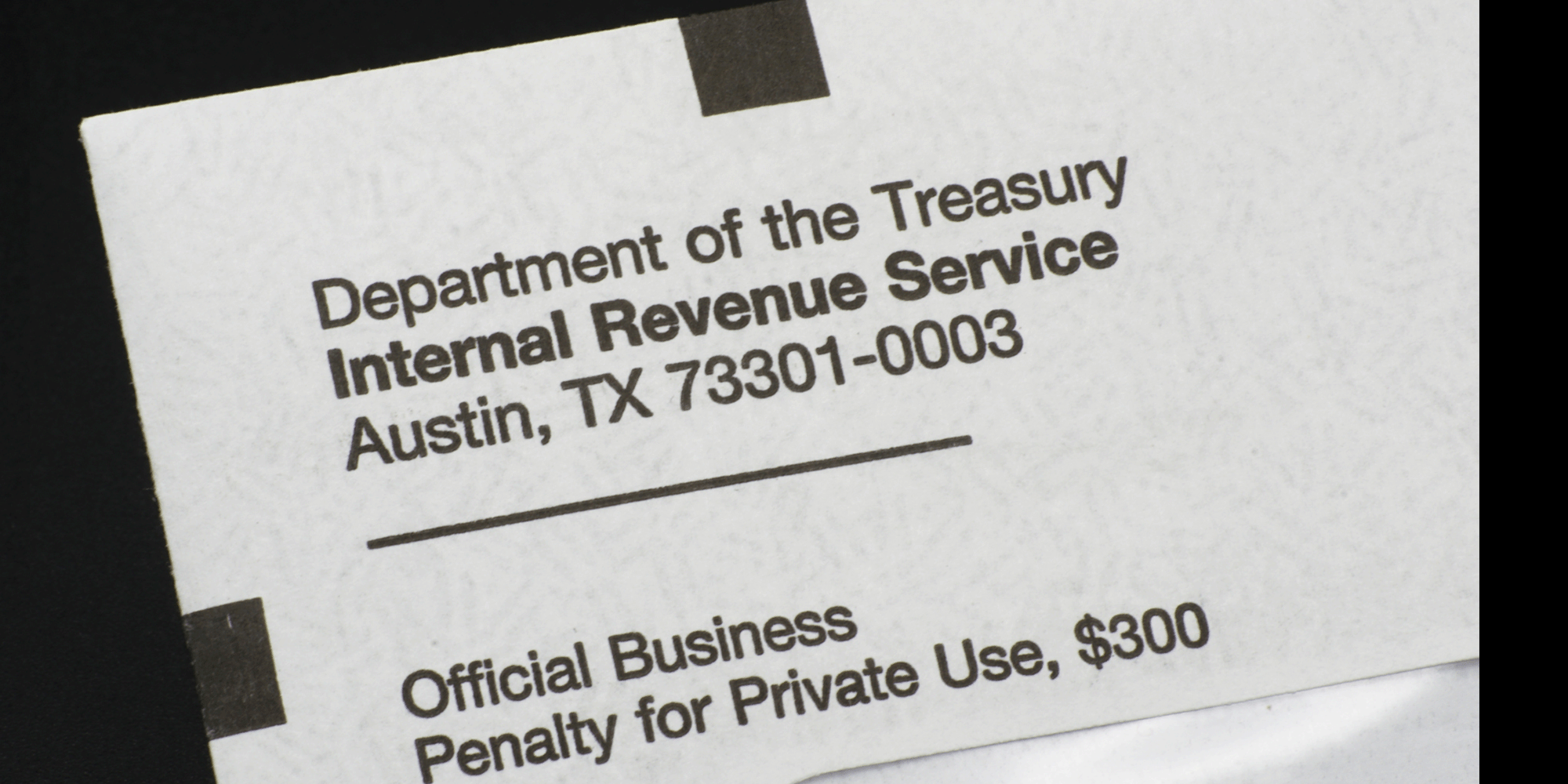Offers-In-Compromise: Lump Sum Vs. Deferred
An Offer-in-Compromise (OIC) is an agreement between the taxpayer and the IRS that allows a taxpayer to settle his or her tax debt for less than what’s owed. The lump-sum payment option requires payment of 20% of your OIC upfront, with the remaining balance paid within five or fewer monthly installments. If you want to make payments over a longer period of time, the deferred payment option allows you to pay the full amount owed in equal monthly installments for as long as 24 months.
Lump-Sum Payment Option
As the name suggests, the lump-sum payment option requires the taxpayer to pay the entire amount of their OIC upfront. This can be a big advantage for taxpayers who have the cash on hand to cover the full amount. In addition, if you are approved for an OIC through the lump-sum payment option, you will avoid monthly installment payments and associated interest charges.
For example, if your OIC is approved for $20,000 and you are approved for the lump-sum payment option, you will be required to pay a minimum of $4000 (or 20%) upfront. If that’s all you have on hand at the time of approval, then the remaining balance ($16000) must be paid within five or fewer monthly installments.
The advantages of the lump-sum payment option include:
- You will avoid monthly installment payments and associated interest charges.
- The entire amount is paid upfront, so you know exactly what your costs will be.
- It can be helpful for taxpayers who are struggling to make monthly payments.
- If you have the cash on hand to cover the full amount, this can be a quicker way to settle your tax debt.
Deferred Payment Option
The deferred payment option allows you to make payments over a longer period of time, up to 24 months. This can be helpful for taxpayers who don’t have the cash on hand to pay the lump-sum amount upfront. In addition, if your OIC is approved through the deferred payment option, you will avoid paying any penalties or interest charges.
For example, if your OIC is approved for $20,000 and you are approved for the deferred payment option, you will be required to pay monthly installments of $833 for 24 months. This option allows you to spread out the payments so that they are more manageable for your budget.
Advantages of the deferred payment option include:
- You will avoid paying any penalties or interest charges.
- The payments are spread out over a longer period of time, making them more manageable for your budget.
- It can be helpful for taxpayers who are struggling to make monthly payments.
- If you don’t have the cash on hand to pay the lump-sum amount upfront, this can be a good option.
Verdict Lump Sum vs Deferred?
The biggest advantage of the lump-sum payment option is that you avoid monthly installment payments and associated interest charges. However, if you don’t have the cash on hand to cover the full amount upfront, then this may not be a good choice for you. The deferred payment option allows you to spread out your payments over 24 months, which can be helpful for taxpayers who don’t have the cash on hand to pay the lump-sum amount upfront.
Now that you know the pros and cons of each payment option, when should you choose the lump sum over deferred payments or vice versa?
Generally speaking, the lump-sum payment option is a better choice for taxpayers who have the cash on hand to pay the full amount upfront. If you are approved for the deferred payment option, you will avoid any penalties or interest charges. However, if you are struggling to make monthly payments, then the deferred payment option may be a better choice for you.
Beware, OICs Are Rare and Can Be Complicated
There are a lot of misconceptions about OICs. The most common misconception is that an OIC means the IRS will waive your entire tax debt. That’s simply not true, and I cover this in my article on why you should never hire an “IRS debt forgiveness company to settle taxes for pennies on the dollar.”
An OIC is a formal agreement between you and the IRS to settle your tax debt for less than the full amount. The IRS offers thousands of these agreements every year, but they are not easy to get approved. You must provide detailed financial information and meet certain eligibility requirements. If you do not qualify for an OIC or if your offer is rejected, the IRS may pursue other collection actions such as wage garnishment, bank levy, or seizure of assets.
You May Need A Tax Specialist To Help You Choose Between The Two Options
If you are considering an OIC, it is important to speak with a tax specialist who can help you navigate the process. The specialists at our firm have years of experience negotiating offers-in-compromise and can help you get the best possible outcome for your situation.
What's more, our lead consultant is in right standing with the IRS and can help you through every step of the offer-in-compromise process.
Morris and Associates are experts when it comes to finding tax relief. We specialize in help individuals and companies find tax relief in Georgia, but can help no matter where you live. If you need help with back taxes or simply communicating with the IRS and finding the answers you need, contact us for help!
Posts by Tag
- tax problems (49)
- tax services (41)
- How the IRS Works (40)
- Resolving tax debt (38)
- Offer in Compromise (17)
- Tax News (14)
- 2023 Taxes (12)
- filing deadline (7)
- Tax Relief (6)
- Tax Preparation (5)
- 2020 taxes (4)
- Tax Advice (4)
- Avoiding an Audit (3)
- IRS Final Notice (2)
- Save Money (2)
- Estate Planning (1)
- Prior year returns (1)
Recent Posts
Popular Posts
Where's My Refund?
Just wanted to give you a...
An Offer-in-Compromise (OIC) is an agreement...
IRS IS CRACKING DOWN
The IRS has made it...

